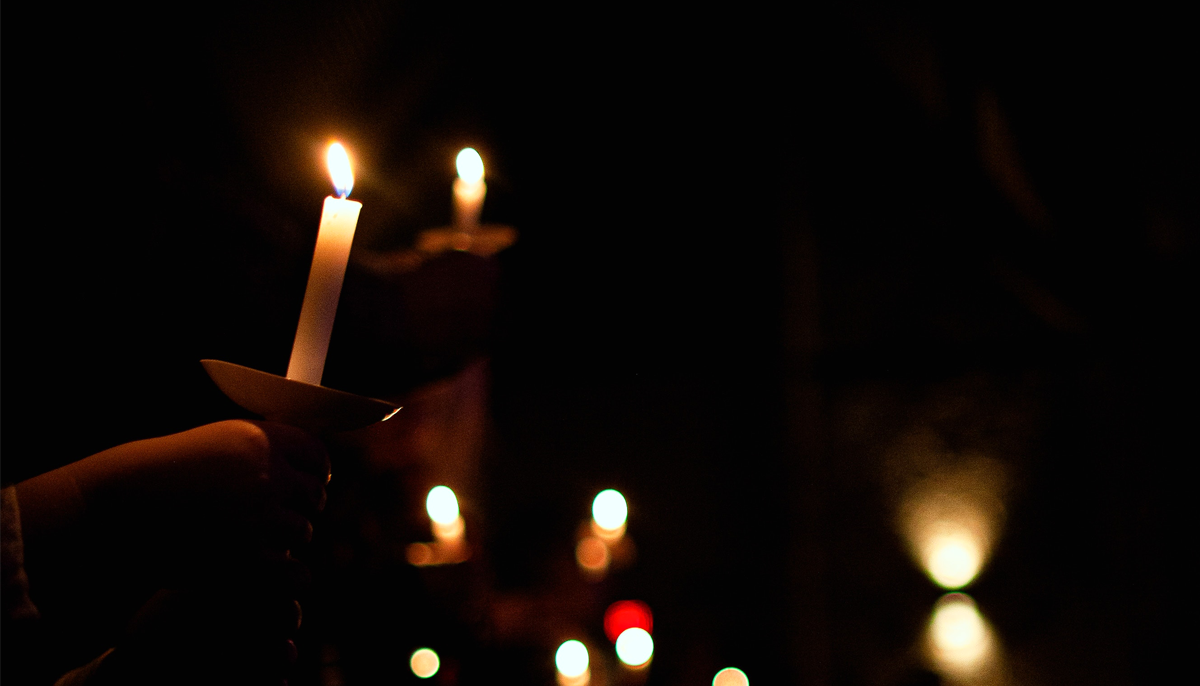In Interbeing: The Fourteen Precepts of Engaged Buddhism, our beloved teacher, Thich Nhat Hanh, wrote: “Do not avoid contact with suffering or close your eyes before suffering. Do not lose awareness of the existence of suffering in the life of the world. Find ways to be with those who are suffering, including personal contact, visits, images, and sounds. By such means, awaken yourself and others to the reality of suffering in the world.” Western Buddhists have made good efforts to realize this precept by taking principled stances against the destruction of the environment, by challenging racism by making our sanghas and teaching communities more inclusive to people of color, and by seeking to end sexism by challenging heteropatriarchal attitudes and tendencies by strongly supporting the spiritual and intellectual leadership of women and LGBTQ people. In 2023, however, we have not quite found the courage to take a collective stance against one of the most profound sources of suffering in American society at this time: gun culture. Instead, we have turned our heads and looked the other way, as if walking around dead bodies is the American way. This has to change.
The teachings of mindfulness call us not to look away from the suffering but engage and lean closer to it so that we can learn to take better care of it.
On February 2, 2022, a three-judge panel of the 5th U.S. Court of Appeals ruled that it is unconstitutional to restrict the gun ownership rights of people with known restraining orders for domestic violence. As a black Buddhist practitioner who values non-harming and seeks to practice non-harming, not just as a spiritual precept but as a primary organizing principle in struggles for social justice–including racial and gender justice–this news was particularly unsettling. Considering that many practitioners, especially black and brown mothers who seek out meditation halls and mindfulness practice groups as a much-needed alternative to violence and chaos that disproportionately lands on their bodies and spirits, this ruling should deeply concern larger Buddhist communities. It’s time to stop looking the other way on this important issue.
In New York State Rifle & Pistol Association v. Bruen, the justices determined that constitutional restrictions should be consistent “with this nation’s historical tradition of firearm regulations” and not simply advance an “important government interest.” In other words, state and local government attempts to save the lives of women and families threatened by known domestic abusers are secondary to protecting the Second Amendment rights of those very same abusers. The perspective of this appeals court is terrifying, especially considering that domestic abusers with firearms are five times more likely to kill their victims than those without firearms.
According to the Centers for Disease Control and Prevention, every month 70 women are fatally shot by intimate partners who have legal access to guns. This is a number that will continue to grow if known domestic abusers are allowed to keep their guns. African American and Native American women are disproportionately represented among those shot and killed by domestic abusers with guns. African American women between the ages of 18-45 are the most likely group of women in the United States to be murdered, and the overwhelming majority of these murders will occur at the hands of an intimate partner with a gun. Irrespective of race, abused women, including those with disabilities and those who identify as LGBTQ, who lived in a home with a gun are six times more likely to be shot and killed by their abusers. Our sanghas are microcosms of the broader society in which we live–composed of married folks, families, and communities who either possess or live in close proximity to guns.
Sadly, young people are the most vulnerable segments of our population who suffer the most profoundly from the proliferation of guns because they live at home with parents and other family members who stash guns around the house, only for their children to find them. Young people overcome with feelings of despair and rage take these guns to school to threaten or harm others, or sometimes they use them on themselves. In the height of COVID, a time when people’s behavior and decision-making were almost entirely governed by fear, uncertainty, and a widespread sense of chaos, like domestic abusers, many more Americans turned to guns, and now a U.S. appeals court has decided that we should allow this shocking status quo to remain in full effect.
In the last decade, Buddhist communities in the United States have become more adept at speaking out against social justice issues related to identity and racial privilege. Many Insight Meditation communities are sensitive and responsive to issues caused by drug and alcohol addiction and even support 12-step programs to support recovery. Still, there are too few dharma spaces devoted to people who are disproportionately impacted by gun violence. I am thinking about dedicated spaces for practitioners who either witness gun violence or live in neighborhoods where the sounds of gunshots are as common as police and ambulance sirens. I am thinking about people who have had a gun held in their faces by an enraged partner or enraged family member, someone at school at work, or a racist cop.
Many years ago when I was on a ten-day retreat, I remember welcoming the exuberance and delight of nature. The shimmer of sunlight danced between the leaves of trees, the birds and squirrels chirping, the smell of ripened leaves, and the buds of flowers opening to the heat. I was so busy looking up and around that I didn’t bother to look down. Not looking down blinded me to the dead leaves that smoothed my path. I realized that the wisdom of practice lies in not only seeing what is pleasing to my eyes but also taking a good hard look at what offends them: death, decay, and brutal endings. Not seeing what offends our eyes makes it difficult to cultivate deep and meaningful compassion for both life and death. In the U.S., one of those deep life and death complexities is guns and the collective grief that mushrooms as result. The teachings of mindfulness call us not to look away from the suffering but engage and lean closer to it so that we can learn to take better care of it. This same attentiveness and care also apply to guns and the harm they cause. We must not accept that walking on the paths of dead leaves, or as it relates to gun violence, dead bodies, is just a natural, inevitable part of the ecosystem we must inhabit to enjoy the pleasures of the Second Amendment.
This article was created in collaboration with Buddhist Justice Reporter (BJR), founded by BIPOC Buddhist practitioners in response to the police torture and murder of George Floyd. BJR publishes articles on issues related to environmental, racial, and social justice and its intersections, from an anti-racist Buddhist lens.

